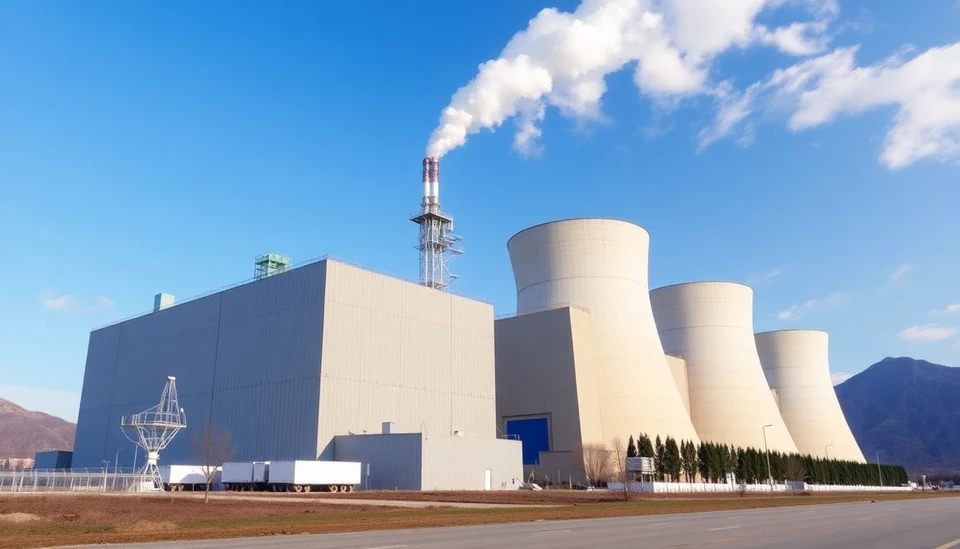
In a significant development in the nuclear energy sector, Westinghouse Electric Company has reached a settlement with the South Korean government regarding a long-standing dispute over nuclear technology. This agreement marks a pivotal moment for both parties, creating pathways for future collaboration in energy initiatives.
The conflict arose when Westinghouse accused South Korea of infringing on its patents and intellectual property related to nuclear technology. This dispute not only put a strain on bilateral relations but also raised concerns about the potential implications for nuclear projects that are crucial for South Korea’s energy strategy. The legal battle intensified over potential damages and restrictions on technology usage in South Korean nuclear power plants, which are among the most advanced in the world.
Under the terms of the settlement, Westinghouse has agreed to allow South Korean firms greater leeway to utilize its technology while simultaneously focusing on enhancing cooperation on future nuclear projects. This includes collaborative efforts in nuclear plant design and possibly exporting South Korean technology in the global market, highlighted by the increasing demand for low-carbon energy sources.
Korean officials have expressed that the agreement opens doors to significant advancements in their nuclear energy capabilities, allowing for a smoother implementation of ongoing and future projects. This is particularly critical as South Korea aims to bolster its nuclear infrastructure amid global pressures to reduce carbon emissions and accelerate the transition to cleaner energy.
Moreover, the settlement is seen as a reaffirmation of Westinghouse’s commitment to international partnerships, especially within the realm of clean energy technology. It strengthens their position in the competitive global energy market, where advancements in nuclear technology are sought after to meet rising energy demands sustainably.
Industry experts note that this resolution sets a precedent for how similar disputes might be handled in the future, ensuring that technology transfer and collaboration can proceed without extensive legal entanglements. The ability for companies to innovate jointly rather than hinder each other through litigation could lead to more rapid advancements in energy technology and greater efficiency across the board.
As both parties move forward, the implications of this settlement will likely resonate across the nuclear energy sector, signaling a renewed focus on partnership and collaboration, ultimately aimed at addressing global energy challenges more effectively.
Overall, this landmark agreement not only puts an end to a bitter dispute but also paves the way for future opportunities that could enhance nuclear energy prospects in both South Korea and internationally.
#Westinghouse #SouthKorea #NuclearEnergy #TechnologySettlement #CleanEnergy #EnergyInnovation #GlobalPartnerships
Author: Samuel Brooks




